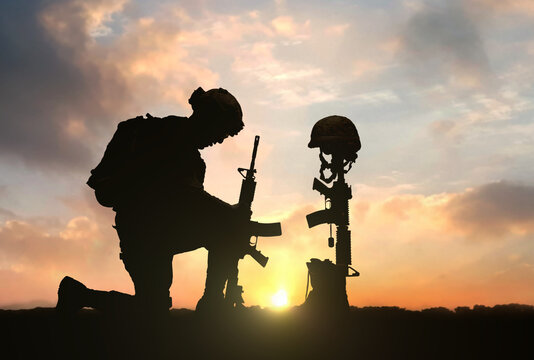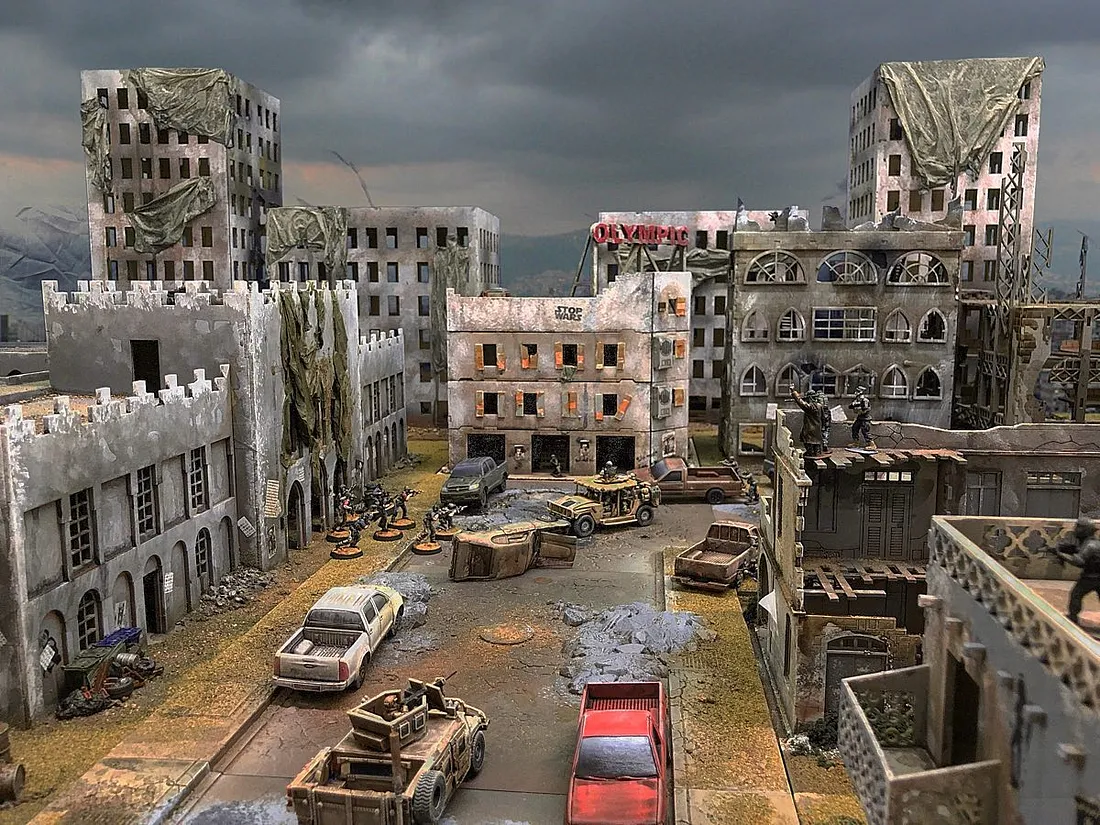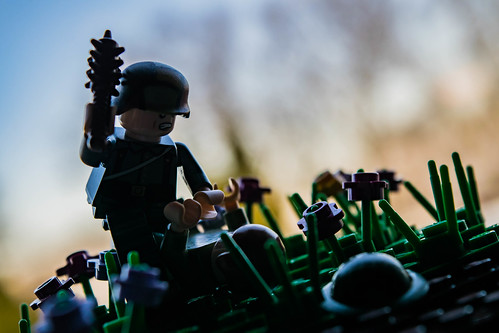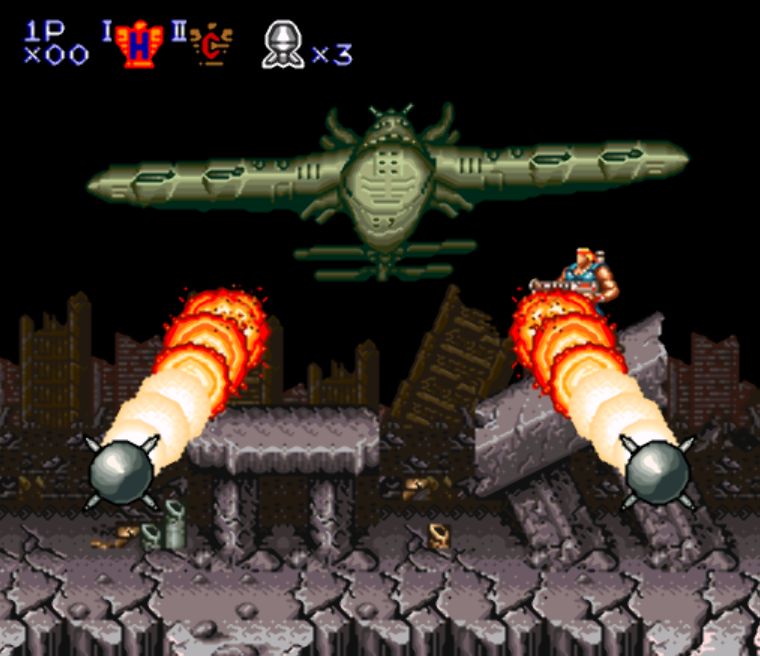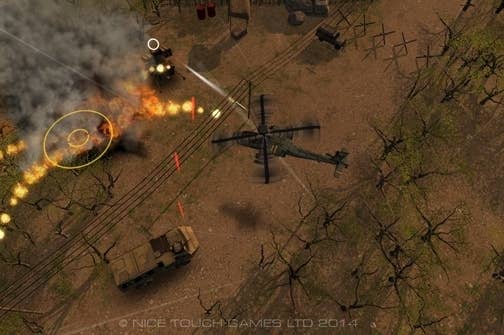- Joined
- Jan 17, 2010
- Messages
- 4,522
- Reaction score
- 5,483
BY DENG MACHOL
Updated 4:23 PM BRT, March 2, 2024
JUBA, South Sudan (AP) — Mass violence and gross human rights violations in South Sudan continue unabated ahead of landmark elections due to take place in December, a report by the UN Commission on Human Rights in South Sudan has warned.
Patterns of violence, violations and entrenched impunity continue to blight the lives of an extremely vulnerable population, the report said, warning that the already dire humanitarian situation in the country will deteriorate further.
The elections, the first since independence from Sudan in 2011, should signify a milestone in efforts to secure a lasting peace since the end of the civil war which raged in South Sudan from 2013, killing some 400,000 people. A peace deal was agreed in 2018 but implementation has been sluggish and violence persists in parts of the country.
The report presented to the U.N. Human Rights Council in Geneva Friday said the elections face severe political and logistical challenges, and the post-election legal framework remains uncertain.
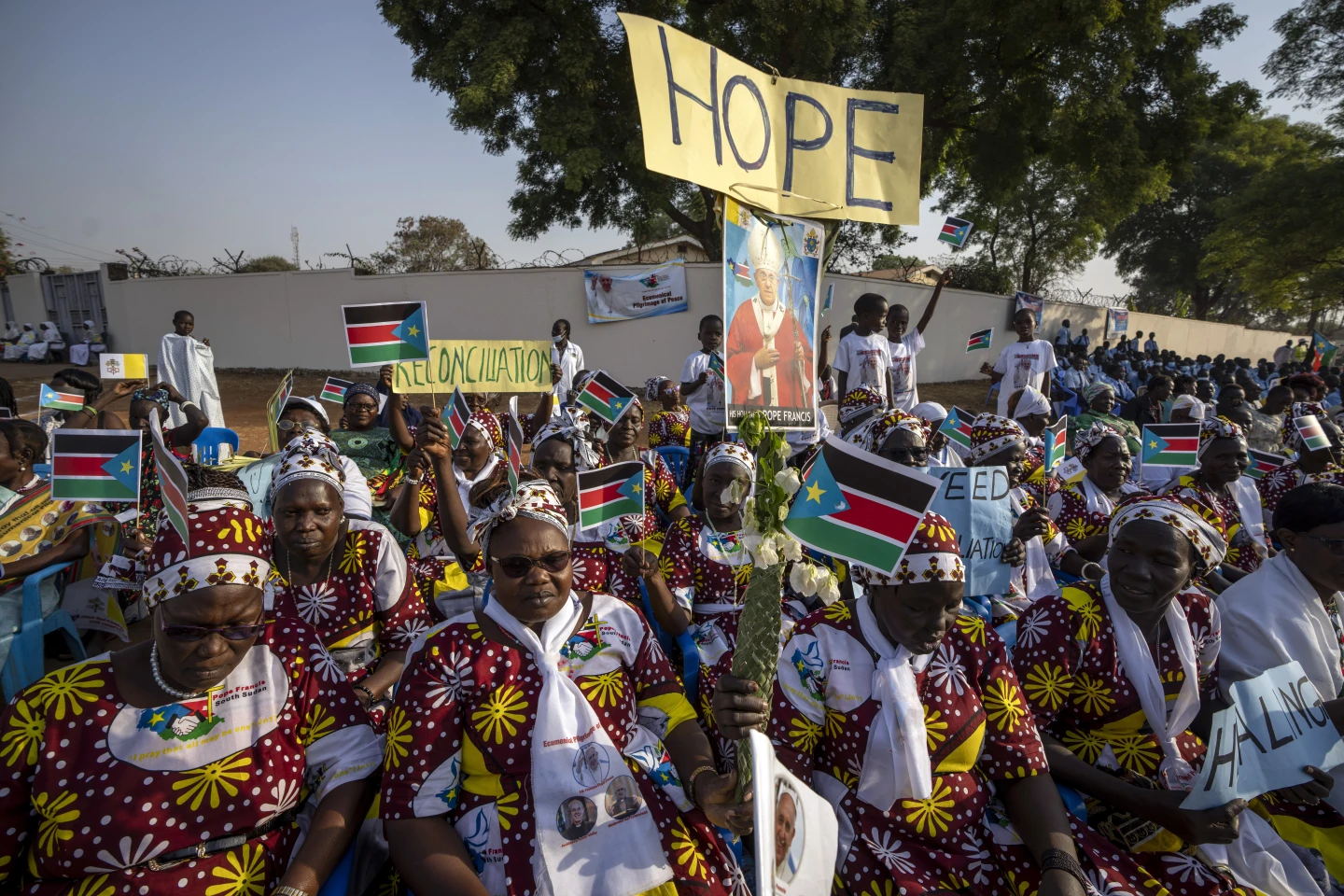
Crucial steps in the 2018 peace agreement, including the the adoption of a permanent constitution, the unification of armed forces, and the establishment of transitional justice institutions, “remain outstanding or incomplete,” the report said.
“Time is running out for South Sudan’s leaders to implement key commitments, which are the building blocks for peace, for holding the country together, and advancing human rights beyond the elections,” said Commissioner Barney Afako.
The elections were supposed to take place in early 2023 but were postponed for 18 months, following earlier delays.
Nation and state-building efforts have faltered, while predation and repression have been entrenched, according to the report, adding that even as insurgency persists, violence is being instigated by political and military elites.
Women and girls have been particularly targeted, the report said, while abductions have become a “troubling exploitative enterprise.”
South Sudanese children are routinely denied access to health and education entitlements, going hungry, with adverse impacts on the country’s future, the report revealed.
The Commission also found that the armed forces were still using child soldiers. In 2019, the year after the peace agreement, the U.N. found there were still more than 19,000 child soldiers in South Sudan, one of the highest rates in the world.
“The drivers of violence and repression are well known, and while commitments have been made to address them, we continue to see a lack of political will to implement the measures necessary to improve millions of lives,”said Yasmin Sooka, chair of the commission.
South Sudan’s immediate and long-term future hinges on political leaders finally making good on their commitments to bring peace, and reverse cyclical human rights violations, Sooka said.
Updated 4:23 PM BRT, March 2, 2024
JUBA, South Sudan (AP) — Mass violence and gross human rights violations in South Sudan continue unabated ahead of landmark elections due to take place in December, a report by the UN Commission on Human Rights in South Sudan has warned.
Patterns of violence, violations and entrenched impunity continue to blight the lives of an extremely vulnerable population, the report said, warning that the already dire humanitarian situation in the country will deteriorate further.
The elections, the first since independence from Sudan in 2011, should signify a milestone in efforts to secure a lasting peace since the end of the civil war which raged in South Sudan from 2013, killing some 400,000 people. A peace deal was agreed in 2018 but implementation has been sluggish and violence persists in parts of the country.
The report presented to the U.N. Human Rights Council in Geneva Friday said the elections face severe political and logistical challenges, and the post-election legal framework remains uncertain.
Crucial steps in the 2018 peace agreement, including the the adoption of a permanent constitution, the unification of armed forces, and the establishment of transitional justice institutions, “remain outstanding or incomplete,” the report said.
“Time is running out for South Sudan’s leaders to implement key commitments, which are the building blocks for peace, for holding the country together, and advancing human rights beyond the elections,” said Commissioner Barney Afako.
The elections were supposed to take place in early 2023 but were postponed for 18 months, following earlier delays.
Nation and state-building efforts have faltered, while predation and repression have been entrenched, according to the report, adding that even as insurgency persists, violence is being instigated by political and military elites.
Women and girls have been particularly targeted, the report said, while abductions have become a “troubling exploitative enterprise.”
South Sudanese children are routinely denied access to health and education entitlements, going hungry, with adverse impacts on the country’s future, the report revealed.
The Commission also found that the armed forces were still using child soldiers. In 2019, the year after the peace agreement, the U.N. found there were still more than 19,000 child soldiers in South Sudan, one of the highest rates in the world.
“The drivers of violence and repression are well known, and while commitments have been made to address them, we continue to see a lack of political will to implement the measures necessary to improve millions of lives,”said Yasmin Sooka, chair of the commission.
South Sudan’s immediate and long-term future hinges on political leaders finally making good on their commitments to bring peace, and reverse cyclical human rights violations, Sooka said.


